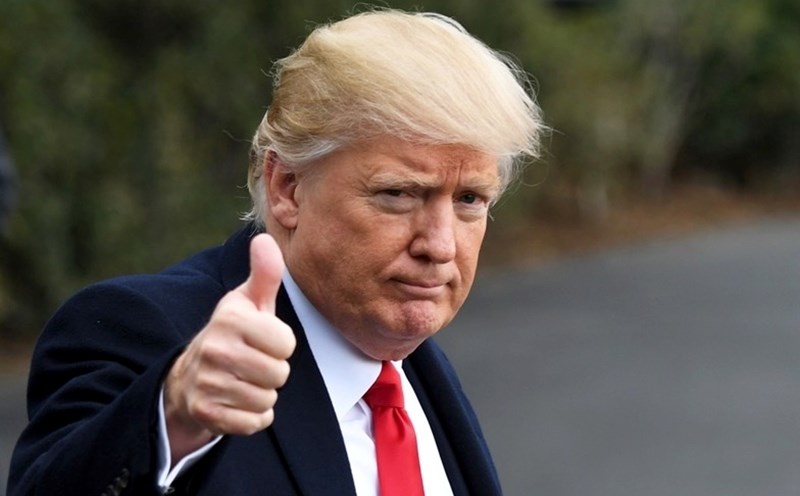On September 3, the UK government said it was preparing to implement a ban on the sale of energy drinks to children under 16, citing that the drink could cause obesity, insomnia and difficulty concentrating. The announcement was made by the Ministry of Health and Social Care, affirming that the new measure will limit caffeine consumption in school-age groups.
According to the proposal, selling energy drinks with a caffeine content of 150 mg/l or more to children under 16 years old will be banned on all platforms, including online retail, stores, restaurants, coffee shops and vending machines. Drinks low in caffeine, such as tea or coffee, will not be banned.
This move is expected to have a major impact on famous energy drink brands such as Red Bull, Monster, Relentless and Prime Energy. A 250ml Red Bull can now contains about 80mg of caffeine, which can affect children's sleep and concentration if consumed regularly.
The UK government will launch a 12-week consultation to collect opinions from health experts, manufacturers, education leaders and the public before the ban is imposed.
British Health Minister Wes Streeting stressed that energy drinks are not as harmful as many people think, because they have a direct impact on sleep and school health. He asked how children can study well if they consume the same amount of caffeine per day as two cups of expressso.
Some supermarket chains in the UK have voluntarily stopped selling energy drinks to children under 16 years old since 2018, but many small stores still allow this. It is estimated that one in three children in the UK drink energy drinks at least once a week. Teachers also said that many students showed signs of being active during class after using this drink.
British Education Minister Bridget Phillipson affirmed that banning the sale of energy drinks to children will contribute to improving behavior in the classroom and limit the negative effects of caffeine on the younger age.











